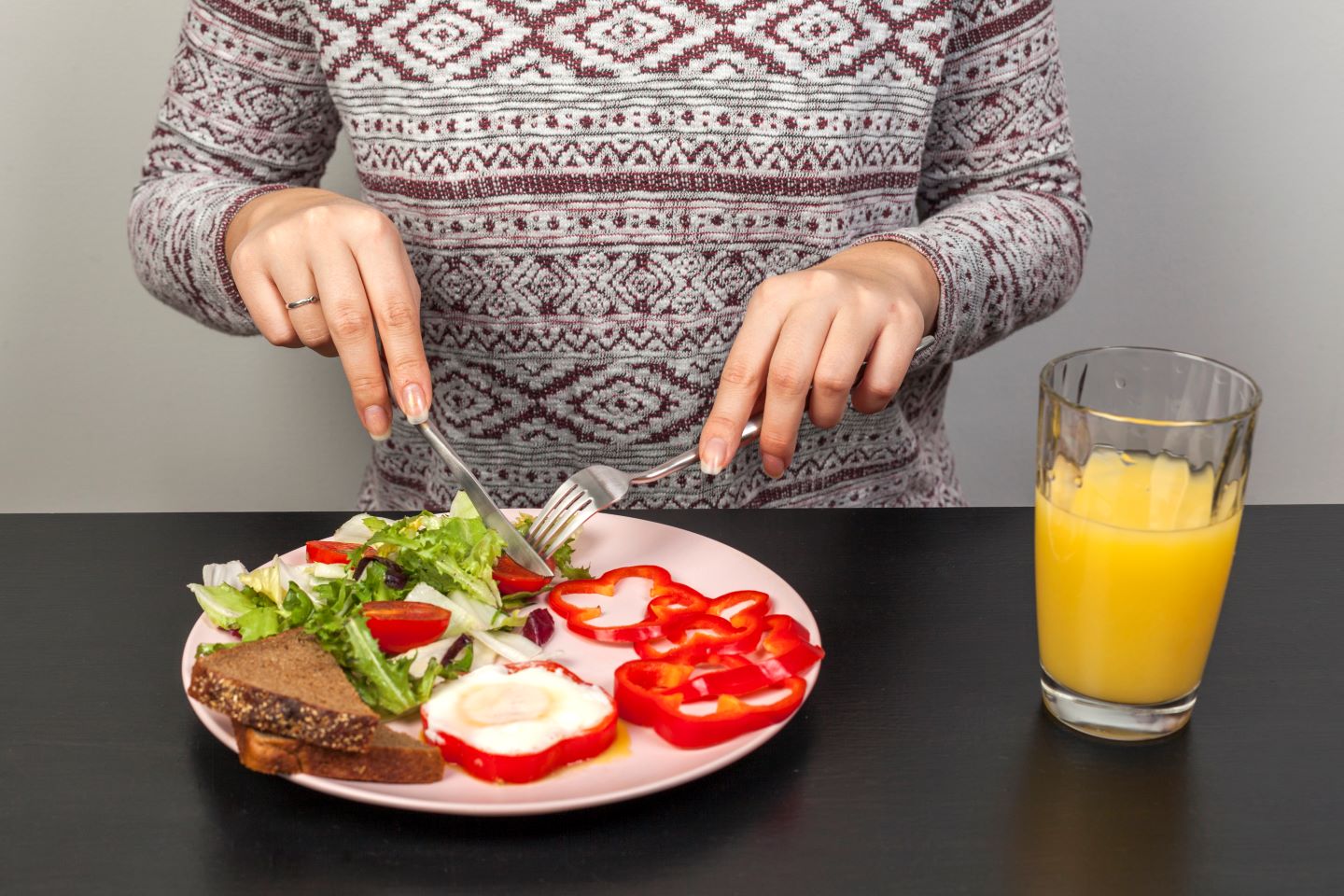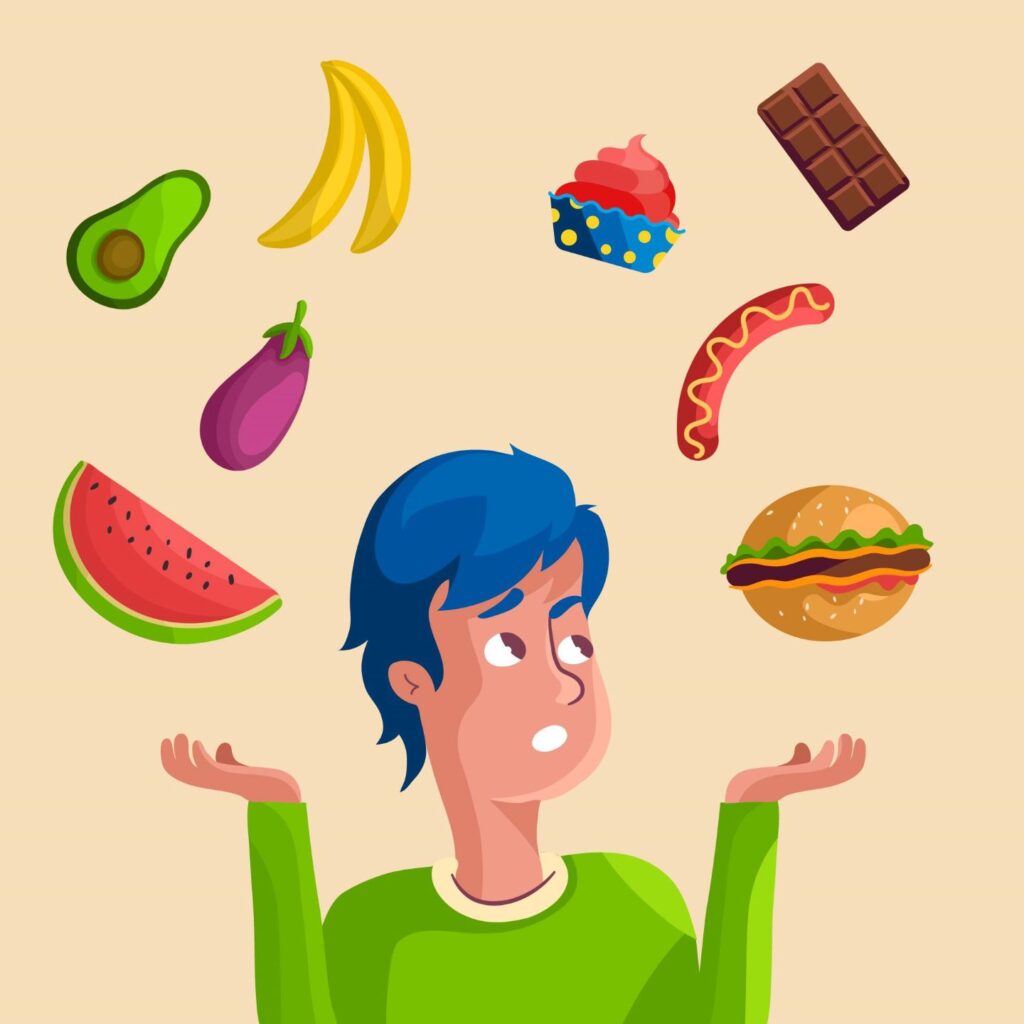Foods to Avoid While Taking Glipizide: A Guide for Managing Diabetes

Diabetes patients need to manage their blood sugar levels carefully to prevent complications and ensure optimal overall health. Medication such as Glipizide may help. However, the effectiveness of such treatment may depend on diet choices; in this article, we’ll look at foods to avoid while taking Glipizide for optimal diabetes management.
Understanding Glipizide:
Glipizide belongs to a class of medications called sulfonylureas, which stimulate the pancreas to produce more insulin and use it more efficiently in the body. As more insulin helps the body use glucose more efficiently and lower blood sugar levels more effectively, does Glipizide help manage diabetes effectively? However, its efficacy may be affected by certain foods that affect blood sugar levels and insulin response.
Foods to Avoid:
- Highly Processed Carbohydrates: Glycemic index foods such as white bread, sugary cereals, and pastries with high glycemic index scores can cause rapid spikes in blood sugar levels that undermine Glipizide’s effectiveness. Processed carbohydrates should also be limited or avoided.
- Sugary Beverages: Too many sweetened beverages like sodas, fruit juices, and energy drinks can quickly raise blood sugar levels. To minimize their impact on blood sugar, switch out these beverages instead of water, herbal teas, or beverages with artificial sweeteners.
- Foods High in Fatty Substances: While fats do not directly impact blood sugar levels, consuming high-fat meals may delay absorption and lead to unexpected spikes. Fried foods, fatty cuts of meat, and excessive oils should only be eaten occasionally in moderation.
- Reducing Intake of Simple Sugars: Foods high in simple sugars, such as candy, chocolates, and desserts, may quickly elevate blood sugar levels, leading to fluctuations that interfere with Glipizide’s action and must, therefore, be restricted as much as possible.
- Alcohol: Consuming moderate alcohol amounts is generally acceptable, though it’s vital to monitor glucose levels carefully for unexpected fluctuations. Moderation should always be adhered to for best results.
- Fruits With High Sugar Contents: While fruits are an integral component of a nutritious diet, certain varieties contain more sugar than others. Limiting the consumption of bananas, grapes, and mangoes can help manage blood sugar effectively.
- Starchy Vegetables: Vegetables such as potatoes, corn, and peas contain higher carbohydrates, which may hurt blood sugar levels if overeaten. Therefore, it’s wise to limit consumption of such starchy veggies.
- Processed and Packaged Foods:
- Many processed and packaged foods contain hidden sugars, unhealthy fats, and high sodium levels that could hurt blood sugar levels. Reading labels carefully and opting for whole, fresh foods is vital in maintaining stable blood sugar levels.
- Artificial Sweeteners in Excess:
- Although artificial sweeteners are generally safe for individuals with diabetes, excess consumption may have unpredictable results on blood sugar levels and requires moderation when used as replacements for sweetening agents such as sugar. When taking these alternative solutions, moderation must be maintained.
Understand the Relationship:

- Moderation Is Key: Moderate alcohol consumption is generally safe for individuals living with diabetes. According to the American Diabetes Association, women may consume one drink daily, while men can have up to two. Note that one “drink” refers to 12 ounces of beer, 5 ounces of wine, or 1.5 ounces of spirits as defined as drinks.
- Alcohol Can Affect Blood Sugar Levels: Consuming alcohol may have an impactful influence on one’s blood sugar levels; its effects will depend on various individual factors like type and amount consumed, presence of food in the stomach, and overall health of the person consuming it. Therefore, it is wise to monitor one’s blood sugar levels closely when including alcohol in the diet plan.
Considerations for Individuals Taking Glipizide:
- Hypoglycemia Risk: Glipizide, a sulfonylurea medication, stimulates the pancreas to produce more insulin. When combined with alcohol (which also lowers blood sugar), which can further lower levels, an increased risk of hypoglycemia can arise – so users must remain aware of potential symptoms, such as dizziness, confusion, and sweating, that indicate low blood sugar.
- Timing Is Everything: Mixing alcohol and medication increases the risk of hypoglycemia, so it is wise to spread out their consumption. Eating before drinking may also help ensure balanced blood sugar levels.
- Choose Wisely: Opt for beverages that contain less sugar and carbohydrates, like dry wines, light beers, and distilled spirits without sweetened mixers, which may lead to spikes in your blood sugar levels. Avoid sweetened cocktails or sugary mixers, which could increase them further.
- Hydration Is Essential: Alcohol can contribute to dehydration and worsening side effects from both glipizide and diabetes medications. Staying hydrated by drinking plenty of water with alcohol consumption is crucial to minimize potential complications.
- Regular Monitoring: Monitoring blood sugar is vital, particularly on days when alcohol consumption occurs, to enable individuals to make informed decisions regarding changes to medication or lifestyle choices.






